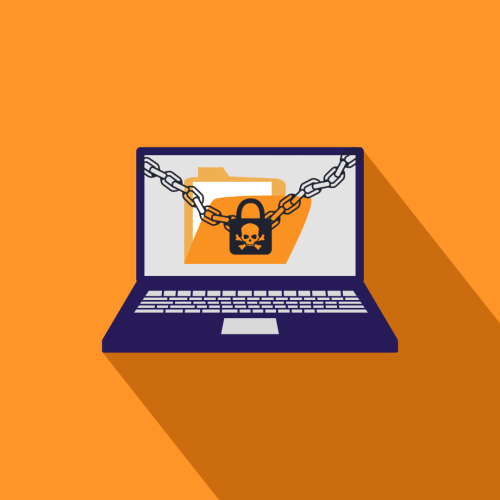Ransomware attacks are on the rise, and they can be devastating for businesses of all sizes. In a ransomware attack, criminals encrypt your data and demand payment in exchange for the decryption key. If you don’t pay, your data could be lost forever.
These attacks can be incredibly frustrating and stressful for businesses. Not only do they put your data at risk, but they also often come with a time-sensitive demand for payment. This can create a sense of urgency and pressure, which can make it difficult to make clear-headed decisions. It’s important to be aware of the potential risks and take steps to protect your business from ransomware attacks. By doing so, you can prevent the headaches and financial losses that can come with a ransomware attack.
What damage can ransomware attacks do?
Ransomware attacks can have far-reaching and serious consequences for businesses of all sizes. The downtime and loss of access to important information can disrupt business operations and damage the company’s reputation. The attack may result in the loss of important or sensitive data, such as customer information or proprietary business information. This can lead to legal and compliance issues, as well as further damage to the company’s reputation, which in turn can lead to losses in customers, damaging revenue. Furthermore, the cost of recovering from a ransomware attack can be significant, as it may involve hiring specialized cybersecurity firms to restore the affected systems and clean up any malware. This can add to the overall financial impact of the attack.
How can I protect my business from ransomware attacks?
It’s important not to panic about the potential devastation of a successful ransomware attack. There are steps you can take to protect your business from ransomware attacks:
- Back up your data regularly. This is probably the most important step you can take to protect your business from ransomware. By backing up your data regularly, you can restore your files if they’re encrypted in a ransomware attack. Make sure to store your backups in a secure location, such as an external hard drive or a cloud-based service.
- Keep your software and applications up to date. Ransomware often exploits vulnerabilities in outdated software and applications. By regularly updating your software, you can close these vulnerabilities and protect your business from ransomware attacks. This practice forms part of the Cyber Essentials certification organisations can work towards to potentially prevent up to 80% of cyber attacks.
- Be cautious with email attachments and links. Ransomware is often spread through email attachments and links. Be wary of any suspicious-looking emails, and don’t open attachments or click on links from unknown sources. All employees should be aware of the potential dangers of phishing attacks and educating on what to look out for in a suspicious email.
- Use a reputable antivirus program. A good antivirus program can help protect your business from ransomware by detecting and blocking malicious software before it can encrypt your data. Make sure to choose a reputable antivirus program and keep it up to date.
- Be prepared. Even if you take all the necessary precautions, there’s still a chance your business could be targeted by ransomware. It’s important to have a plan in place for dealing with a ransomware attack, so you know what to do if it happens. This might include having a trusted IT professional on call, or having a backup plan for restoring your data.
Ransomware attacks are a serious threat to businesses of all sizes. By taking steps to protect your business, such as regularly backing up your data and keeping your software up to date, you can reduce the chances of a ransomware attack. And by being prepared, you can minimize the impact if it does happen.
OmniCyber Security offers employee training and advice, as well as Cyber Essentials certification to make sure your company is as protected as possible against the threat of ransomware attacks. Contact our expert team today to see how we can help you.




